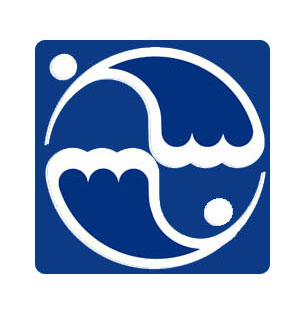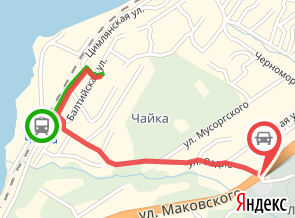News
The Journal of Marine Science and Engineering (JMSE; ISSN 2077-1312) is an international peer-reviewed open access journal which provides an advanced forum for studies related to marine science and engineering. The journal aims to provide scholarly research on a range of topics, including ocean engineering, chemical oceanography, physical oceanography, marine biology and marine geosciences.
Fifth Global Fishery & Seafood Expo Russia 2022 were held on 21-23 September in St Petersburg.
National Research Fleet Manager (NRFM) is currently working on R/V Akademik Lavrentyev upgrading.
In 2022 the FEFU Institute of the World Ocean and POI FEB RAS have launched a brand new joint educational program "Digital Technologies and Tools for the Monitoring and Development of the World Ocean," leading to Master of Science (M.S.) degrees in Earth sciences.
6th Annual International Investment Forum and Exhibition East Russia Oil and Gas Forum was held in Vladivostok on 6 and 7 July 2022. The event was devoted to the flagship oil and gas projects development in Eastern Siberia and Far East.
The 7th online round-table meeting "Russian-Chinese science and technology collaboration for high tech development and implementation" was held on 5 July 2022.
The meeting was facilitated by Russian and Chinese institutions: Ministry of Science and Higher Education of the Russian Federation, International Union of Instrument & ITT Engineers (IUIITTE) and Ministry of Science of China, the Department of Science and Technology of Harbin.
R/V Professor Gagarinsky voyage no. 79 has started 2022-year marine expedition season on May 20. The defined exploration areas include the northern part of the Sea of Japan and the Tatar Strait. Expedition leader Ph.D. Maxim Georgievich Valitov heads geophysical and gas geochemical research teams with a total staff of 8 scientists.
In March 2021, public voting for names of new research vessels had been launched on website of Russian Ministry of Education and Science. Recently, the voting results were announced: the vessels will bear the names of two distinguished Russian scholars, Viktor Ilichev and Alexander Lisitsyn.
This paper presents an instrument based on an equal-arm Michelson interferometer and a frequency-stabilized helium-neon laser. It is designed to record hydrosphere pressure variations in the frequency range from 0 (conventionally) to 1000 Hz, with accuracy of 0.24 mPa at sea depths of up to 50 m.
Scientists have found evidence that frozen methane deposits in the Arctic Ocean – known as the “sleeping giants of the carbon cycle” – have started to be released over a large area of the continental slope off the East Siberian coast, the Guardian can reveal.





